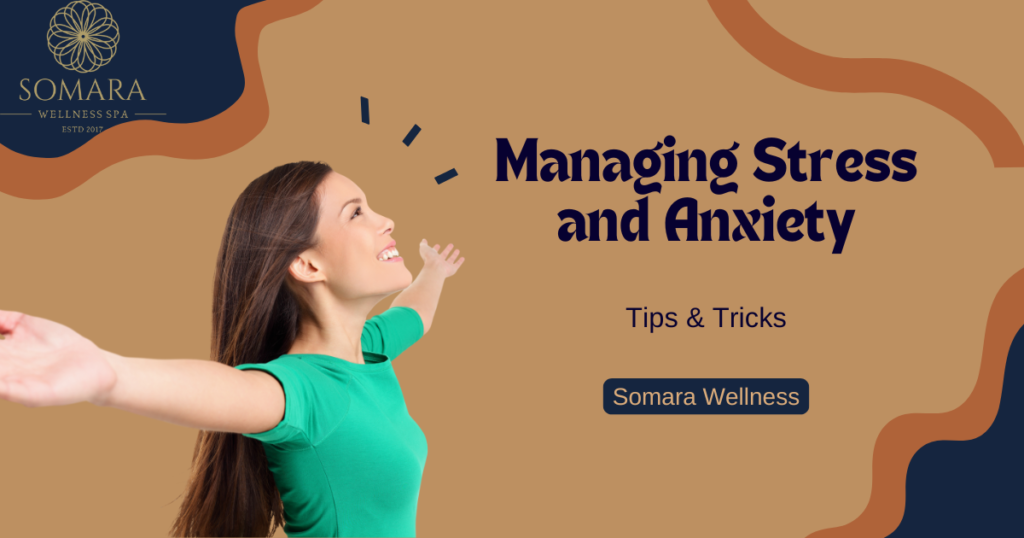Managing Stress and Anxiety through Exercise: A Powerful Tool for Mental Well-being
Stress and anxiety are common experiences that can have a significant impact on our mental and physical health. While there are many ways to manage stress and anxiety, exercise is a powerful tool that can help alleviate symptoms and improve overall well-being.
The Link between Exercise and Mental Health
Exercise has long been recognized as a key component of physical health, but its benefits extend far beyond the physical realm. Research has shown that regular exercise can have a profound impact on mental health, reducing symptoms of stress and anxiety while improving mood and overall sense of well-being.
How Exercise Reduces Stress and Anxiety
Exercise reduces stress and anxiety in several ways:
- Endorphins: Exercise releases endorphins, also known as “feel-good” hormones, which can help improve mood and reduce stress and anxiety.
- Distraction: Exercise can serve as a healthy distraction from daily worries and concerns, providing a mental break and reducing feelings of overwhelm.
- Social Support: Exercising with others can provide social support and accountability, which can be particularly beneficial for individuals struggling with stress and anxiety.
- Self-Efficacy: Regular exercise can enhance self-efficacy, or the belief in one’s ability to manage challenges, which can help reduce stress and anxiety.
Best Exercises for Reducing Stress and Anxiety
While all exercise can be beneficial for mental health, some activities may be more effective than others for reducing stress and anxiety. Some of the best exercises for managing stress and anxiety include:
- Yoga: Yoga combines physical movement with deep breathing and meditation techniques, making it an excellent activity for reducing stress and anxiety.
- Walking: Walking is a low-impact activity that can be done almost anywhere, making it an excellent option for individuals who are new to exercise or struggling with mobility issues.
- Swimming: Swimming is a low-impact activity that can help reduce stress and anxiety while improving mood and overall sense of well-being.
- High-Intensity Interval Training (HIIT): HIIT involves short bursts of high-intensity exercise followed by brief periods of rest. This type of exercise has been shown to be particularly effective for reducing stress and anxiety.
how to start exercising for beginners
If you’re new to exercise or struggling with stress and anxiety, getting started can seem overwhelming. Here are a few tips to help you get started:
- Start small: Begin with short, manageable sessions (20-30 minutes) and gradually increase duration and intensity as you become more comfortable.
- Find an exercise you enjoy: Engage in physical activities that bring you joy and make you feel good. Exercise should not be a chore!
- Schedule it in: Treat exercise as a non-negotiable part of your daily routine, just like brushing your teeth or taking a shower.
- Seek support: Exercise with a friend, family member, or mental health professional for added motivation and support.
Conclusion
Exercise is a powerful tool for managing stress and anxiety, and can have a profound impact on mental health and well-being. By incorporating physical activity into your daily routine, you can reduce symptoms of stress and anxiety, improve mood, and enhance overall quality of life. So why not get moving today?
Also read: How to Get Motivated to Exercise at Home
Book Your Appointment Today!
Contact Somara Wellness at +91 9704911402 or click here to book your appointment.

